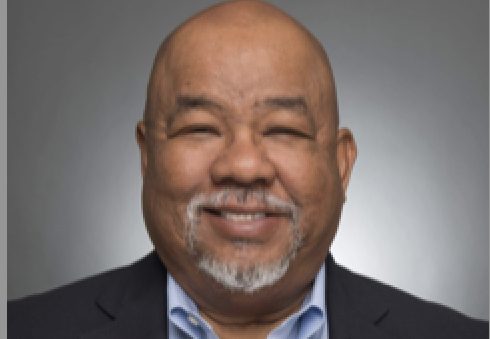
Since the Obama administration began, 787,580 people have been approved for the Deferred Action for Childhood Arrivals (DACA) program.
Now, Congress will determine the fate of young undocumented immigrants who could lose protection from deportation.
Recently, Attorney General Jeff Sessions announced the Trump administration will abolish DACA.
Getting rid of the program would overturn former President Barack Obama’s signature on immigration policy and could affect more than three quarters of a million people.
The Trump administration will give Congress a six-month window before anyone affected by DACA is unable to work, study, or live their lives effectively.
Currently, applicants who are eligible for DACA are individuals who arrived in the U.S. before the age of 16 and have lived in the country since June 15, 2007. Under DACA, applicants have been able to obtain valid driver’s licenses, enroll in college, legally secure jobs, pay income taxes, and defer deportation.
However, some complain that DACA did not lead them on the road to becoming a citizen or legal permanent resident.
In early September, Trump released a statement on the DACA issue.
“We will resolve the DACA issue with heart and compassion — but through the lawful Democratic process — while at the same time ensuring that any immigration reform we adopt provides enduring benefits for the American citizens we were elected to serve,” he said. “We must also have heart and compassion for unemployed, struggling, and forgotten Americans.”
According to officials, new applications to the program will not be accepted; however, current DACA recipients are protected.
Officials also stated:
• Work permits issued under DACA will be honored until they expire.
• New DACA applications already received by Tuesday will be processed.
• Anyone whose status is set to expire by March 5, 2018, has a month to apply for a new two-year permit, and those renewal applications will be processed.
Board of Supervisors Chairman Mark Ridley-Thomas filed a motion Tuesday, September 12, asking Los Angeles County’s lawyers to file amicus briefs in support alongside several states, who are suing the Trump administration to oppose the rescission of the DACA program.
“For many Dreamers, the U.S. is the only country they have ever known. Ending DACA will result in uncertainty and turmoil, not only for the nation’s 800,000 Dreamers but also for our entire community, of which they are an integral part,” he said. “It’s important that Los Angeles County express support for our Dreamers.”
As of press time, 15 states and the District of Columbia have taken legal action to protect DACA recipients also known as “Dreamers”.
What happens next?
According to CNN, if Congress fails to pass a measure protecting DACA recipients, nearly 300,000 people could begin to lose their status, putting them at risk for deportation in 2018.
Meanwhile, millennials have no choice but to wait and see if the plug will be pulled on the program.







